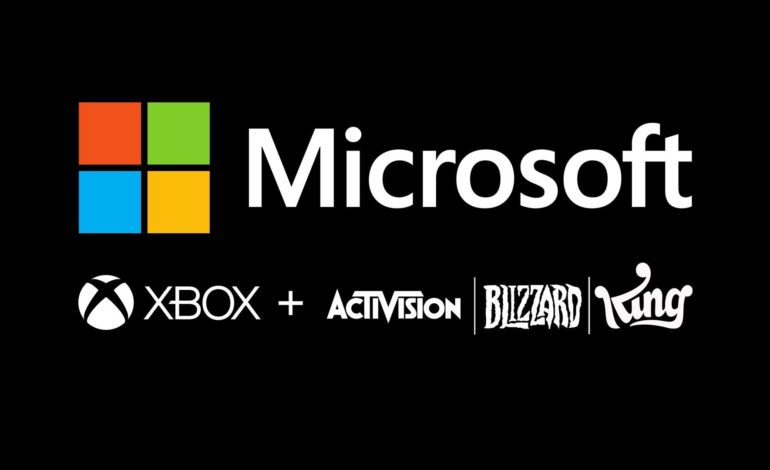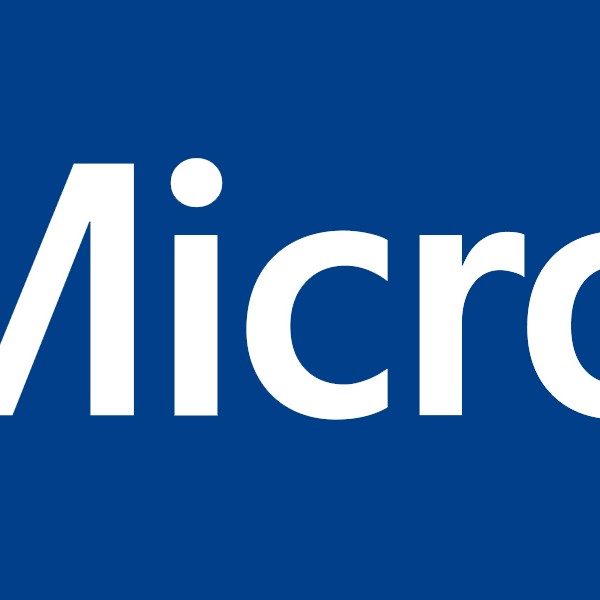

UK Officials have revealed today that they are launching a deeper antitrust investigation into Microsoft’s acquisition of Activision Blizzard. The first investigation was launched back in the summer. The purpose of the investigation is to determine whether or not the deal is fair to the market. At the beginning of September, UK’s Competition and Markets Authority (CMA) said that Microsoft’s acquisition of Activision Blizzard posed a risk to markets including console and cloud gaming.
The CMA wasn’t the only one to express its concerns. UK relators also expressed concerns that the acquisition could allow Microsoft to restrict the valuable content from other gaming platforms, particularly Sony’s PlayStation. Sony Interactive Entertainment CEO called the deal “inadequate on many levels.”
“I hadn’t intended to comment on what I understood to be a private business discussion, but I feel the need to set the record straight because Phil Spencer brought this into the public forum,” said Ryan. “Microsoft has only offered for Call of Duty to remain on PlayStation for three years after the current agreement between Activision and Sony ends. After almost 20 years of Call of Duty on PlayStation, their proposal was inadequate on many levels and failed to take account of the impact on our gamers. We want to guarantee PlayStation gamers continue to have the highest quality Call of Duty experience, and Microsoft’s proposal undermines this principle.”
Microsoft announced several commitments, including a promise not to give preferential treatment to content it owns on platforms it runs to regulators worldwide.
Earlier this month, the CMA gave Microsoft several days to respond to its preliminary finding with proposed solutions. On September 6, Microsoft declined to make an offer, the CMA said on Thursday, thus setting the stage for a phase-two investigation.
“We’re ready to work with the CMA on next steps and address any of its concerns,” Microsoft said in a statement provided to CNN. “We want people to have more access to games, not less.”
Under the agency’s practices, this new investigation could result in a decision to clear the deal, impose restrictions or divestitures on the acquisition, or to block the deal outright.
Play games, take surveys and take advantage of special offers to help support mxdwn. Every dollar helps keep the content you love coming every single day.

